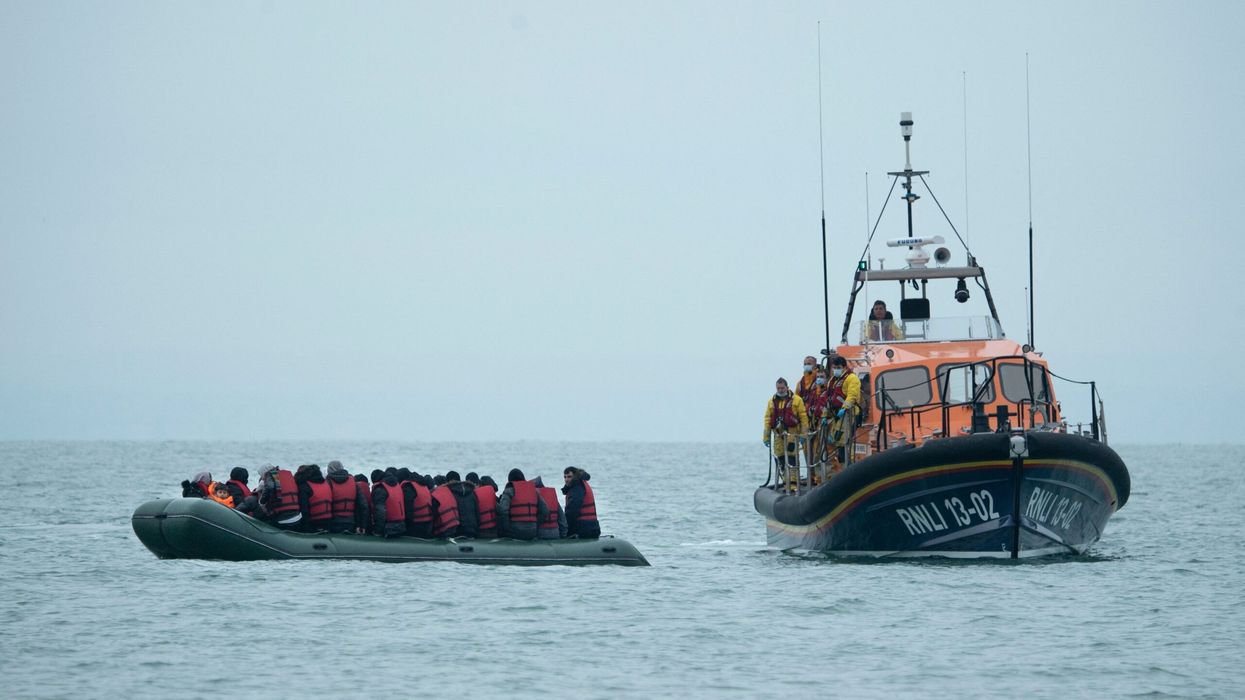AFTER scrapping Rishi Sunak’s Rwanda scheme, the Labour government would allow more than 100,000 migrants to apply for asylum, The Telegraph reports.
Around 90,000 migrants earmarked for deportation to Rwanda will be among the 102,000 who will be processed through the asylum system.
Regarding people arriving by small boats, the Prime Minister’s official spokesman called for speedy processing to ensure that "people are not sitting in the system, housed in expensive taxpayer-funded hotels.”
Nearly 36,000 migrants are currently being accommodated in hotels and it costs the taxpayer £2.9 million a day.
Home secretary Yvette Cooper is working with Home Office officials to establish whether it will need to repeal Conservative immigration legislation to switch migrants into the asylum system and introduce own legislation.
Labour has already pledged to curb small boats crossing the Channel by launching a new border security command, which is expected to take shape in the coming days.
A Border Security Bill will feature in Starmer’s first King’s Speech on July 17 when the PM sets out his legislative programme for the coming year.
Shadow home secretary James Cleverly has attacked the Labour government for making the country 'attractive' to asylum seekers.
He said the scrapping of 'Rwanda deterrent' and granting amnesty to 100,000 illegal migrants in 'less than five days' will encourage more asylum seekers into the country.
Former Labour prime minister Tony Blair has urged Starmer to have a “plan to control immigration”. “We need a plan to control immigration. If we don’t have rules, we get prejudices,” he added.
Blair felt that digital ID technology offered the best solution to controlling irregular immigration.
Rights organisations
Meanwhile, many refugee and human rights organisations have written to Starmer with a blueprint for asylum policy. They want him to change course from the policies of the previous government, The Guardian reports.
They say the existing policy is “fundamentally broken”, and want the government to protect people seeking safety, "rather than punishing them for political gain".
The signatories included 300 civil society organisations along with 534 individuals.
Boat migrants
The total number of illegal migrants who have crossed the Channel so far this year has reached a record 13,600.
In 2023 as a whole, 29,437 people came to the UK this way. That was a big drop from the 2022 total of 45,755.
Since 2018, nearly 120,000 people have come to the UK by this route.




